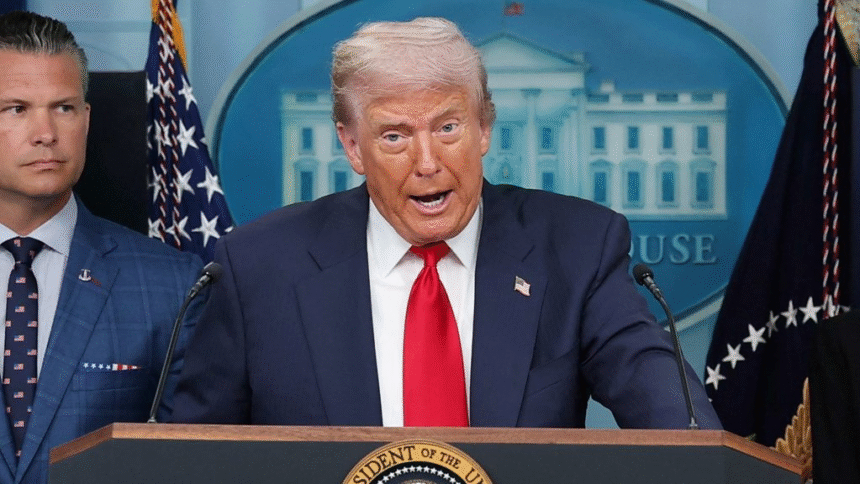The decision by the U.S. government to seek the death penalty in Washington, D.C., homicide cases has sparked controversy and debate. President Donald Trump announced this move at a recent White House cabinet meeting, stating that it is a necessary measure to deter violent crime in the nation’s capital.
Critics argue that the death penalty is not an effective deterrent and raises ethical concerns. However, Trump is determined to take a tough stance on law and order, particularly in cities with high crime rates. He has already deployed National Guard troops and federal law enforcement officials in Washington, claiming that violent street crime is at an unacceptable level.
City officials have refuted Trump’s claims, citing statistics that show a significant decline in violent crime since 2023. Despite this, Trump has threatened to expand his law enforcement efforts to other cities, including Chicago.
Washington, D.C., is a unique federal enclave under the jurisdiction of Congress. While the city has outlawed the death penalty for local crimes, it remains permissible for certain federal offenses. The U.S. Attorney’s Office in Washington prosecutes both local and federal crimes, and the Trump administration has urged prosecutors to bring federal charges against those arrested in connection with crimes in the capital.
The decision to seek the death penalty in Washington homicide cases is expected to lead to an increase in the number of defendants on federal death row. These cases typically involve lengthy court proceedings due to the numerous appeals available to defendants.
Overall, the debate over the death penalty in Washington, D.C., reflects larger discussions about law enforcement, crime prevention, and justice in the United States. It remains to be seen how this controversial policy will impact the capital city and its residents in the long run.








